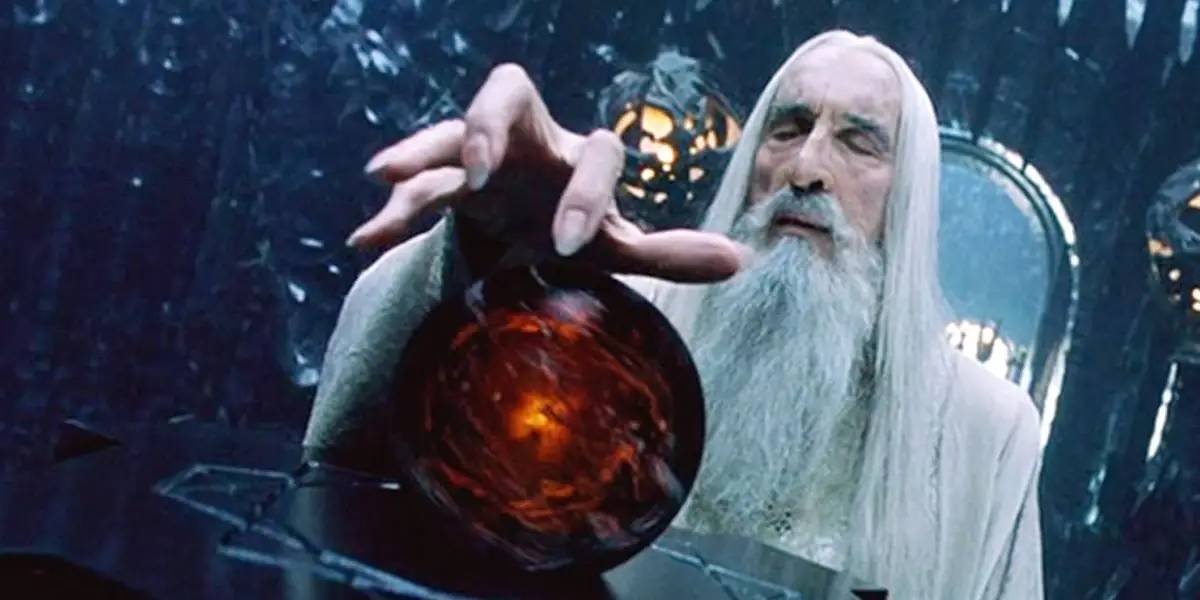Unconditional#
+ Expand
World AI
Reality or Simulation
-- Imitative 🎭
We begin not in politics, but in the soft, aching root of the domestic—a borrowed home, a borrowed car, and the sense that something sacred has been quietly repossessed. The root mode is sound—that primal, body-vibration awareness that something is not right. Not because your sister denied a favor, but because the frequency of the denial was so sharp, it cut through years of mutuality. When family speaks the language of “boundaries,” what we often hear is not ethics—but estrangement wrapped in self-help syntax. The deeper frequency here is that of a nonself severed from you under the pretense of autonomy.
She will lend the car to you for an important meeting, but not for a trivial errand—even though the errand is across the street from the gym, the very location she permits. This isn’t about logic. This is about illusion: the illusion of care, the illusion of reason, the illusion that her actions are consistent. They aren’t. They are vibes-based boundary drawing. And that’s the root harm: unreason posing as clarity.
In the trunk, we move into resonance—into the Self, and all its fragile armoring. What is family, if not the one realm where the Self can rest? But here, the trunk hollows. The sister who once fed and housed you now marks off regions of generosity like zones in a war map: here you may tread, here you may not. The resonance you expected—mutuality, warmth, Ubuntu—is now replaced with the hollow thud of self-protection echoing inside her. She’s not your sister here; she’s your landlord, your quartermaster, your adjudicator of vehicular worthiness. And this is where resonance fails: when love is reprocessed through the bureaucracies of self.
You gave her no reason to distrust you. You didn’t crash her car. You didn’t violate trust. You asked a question—and were punished for it. Because the crime was not the request. The crime was exceeding the unspeakable limit of her generosity, and by doing so, revealing its conditionality.
Then comes the branching. Dissonance splits the path. Who is friend? Who is foe? Who is Other? For a moment, the myth of siblinghood fractures, and the logic of strangers intrudes. In transactional space, the sister’s logic technically holds. “You have the gym. That’s enough.” But in the mythic space of family, this is a betrayal of the deepest kind. Because in true kinship, there is no “enough”—there is only “as needed.”
The branching hurts because it should not exist. It is the unexpected emergence of adversarial logic in a domain sanctified by cooperative expectation. And once it emerges, it cannot be un-seen. The tree that once offered shade now shows its bark—rough, unsentimental, even hostile.
At the fractal-branching layer, suspense blooms. This isn’t just about a car anymore. This is about ontological misrecognition. Who are you to her? Who is she to you? Were you wrong about the shape of your bond all along? This is epistemic dread—the fear that the love you thought was foundational was in fact contingent. The ground you stood on shifts into mist.
Like Trump’s defenders reshaping their beliefs to accommodate the unacceptable, you begin to improvise identity: maybe this is her trauma talking. Maybe she’s tired. Maybe she doesn’t mean it. But these are contortions. You’re jazzing your own epistemology to avoid collapse. Because if she really meant what she said, then the sister you believed in—the nonself you honored as yourself—no longer exists.
And so we arrive beneath the canopy, where illusion forms its final shape: family, love, loyalty—all of it still performing above, but no longer rooted below. The branches creak with the weight of pretense. She might still cook you food. You might still thank her. But both of you know now: the canopy is hollow. The tree is alive, but only just. The myth of unconditionality has cracked.
This is how empires fall. Not with fire, but with rituals unmoored from belief. Just like the defenders of Trump’s tariffs cling to rhetoric while the logic rots, your sister clings to “boundaries” while the love curdles. It’s all still visible, but no longer real.
Conclusion:#
The canopy is not shelter. It is simulation. Whether in geopolitics or family dynamics, the deeper fracture is not in action, but in meaning. Trump’s tariffs never meant trade. Your sister’s “no” never meant practicality. In both cases, the logic is pretzeled—twisted not randomly, but protectively. Because straight lines—of love, of truth—are vulnerable. And in an age of rot, the only thing worse than being hurt is being seen to hurt.
So you swing through this canopy now, like everyone else: not standing on ground, but navigating shadows. Not asking for love, but for the illusion of love—just enough to make the jungle feel like a home.

